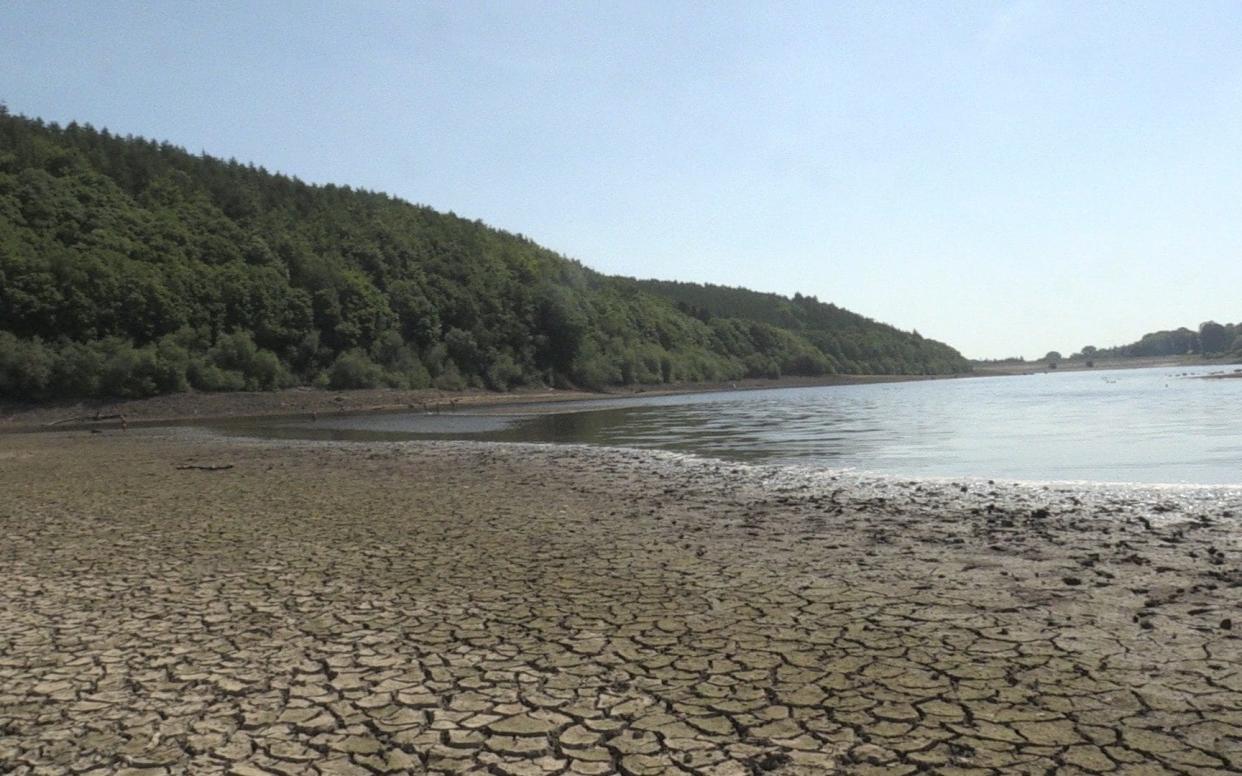Hosepipe bans on the cards as reservoirs run dry

Millions of households could face a hosepipe ban as suppliers warn reserves have run short following the hot weather.
Water providers could be forced to restrict usage if there is no rainfall in the coming weeks after the country braces for record-breaking weather in excess of 43C.
A spokesman for Southern Water, which supplies parts of Hampshire, West Sussex, Kent and the Isle of Wight, said the daily amount of water used by its customers had spiked by “hundreds of millions of litres” during the latest heatwave.
He said: “We do not anticipate a temporary use ban across the whole region. However, it is increasingly likely we will require extra measures in certain areas where water is scarcer and the pressure on supply is greatest, such as Hampshire and the Isle of Wight.”
Southern Water said it wanted to keep “disruption to a minimum” but urged customers “use water wisely at all times”.
Bans are dictated by local water supplies and anyone caught using a hosepipe could be prosecuted and fined up to £1,000.
South Staffs Water, which supplies homes in the West Midlands, warned its customers were using 20pc more water amid soaring temperatures. Natalie Akroyd of the supplier said it would consider a temporary hosepipe ban if the heatwave “continued for an extended period” and customers did not reduce their non-essential water use.
The water in rivers and reservoirs in the south of England is especially depleted following months of below-average rainfall and “extraordinary” demand from customers this week. Thames Water, which supplies the capital and large parts of Oxfordshire, Wiltshire and Gloucestershire, also did not rule out a ban.
A Thames Water spokesperson said: “While we’re not currently expecting to need to introduce restrictions on water use this summer…if we do not receive around or above average rainfall in the coming months this will increase pressure on our resources.
“It may indeed result in the need for more water saving measures including restrictions.”
Suppliers across the country have told customers to take shorter showers, avoid watering the lawn and using water from paddling pools to wash cars.
Professor Neil Macdonald, of the University of Liverpool, said: “We are below normal water levels at the moment. But there shouldn’t be any need for a ban if households are sensible and understand there is not an infinite supply of water.”

 Yahoo News
Yahoo News 
